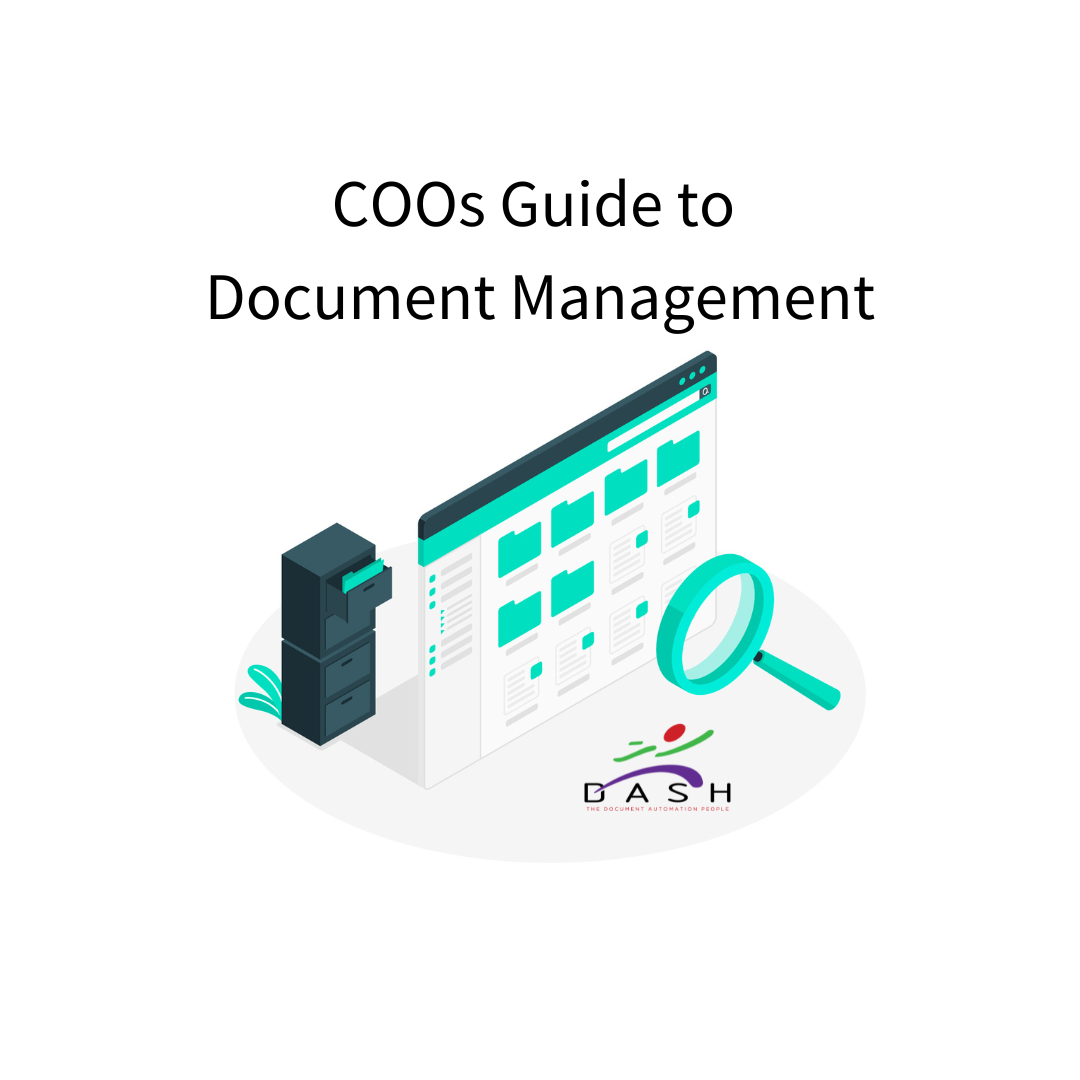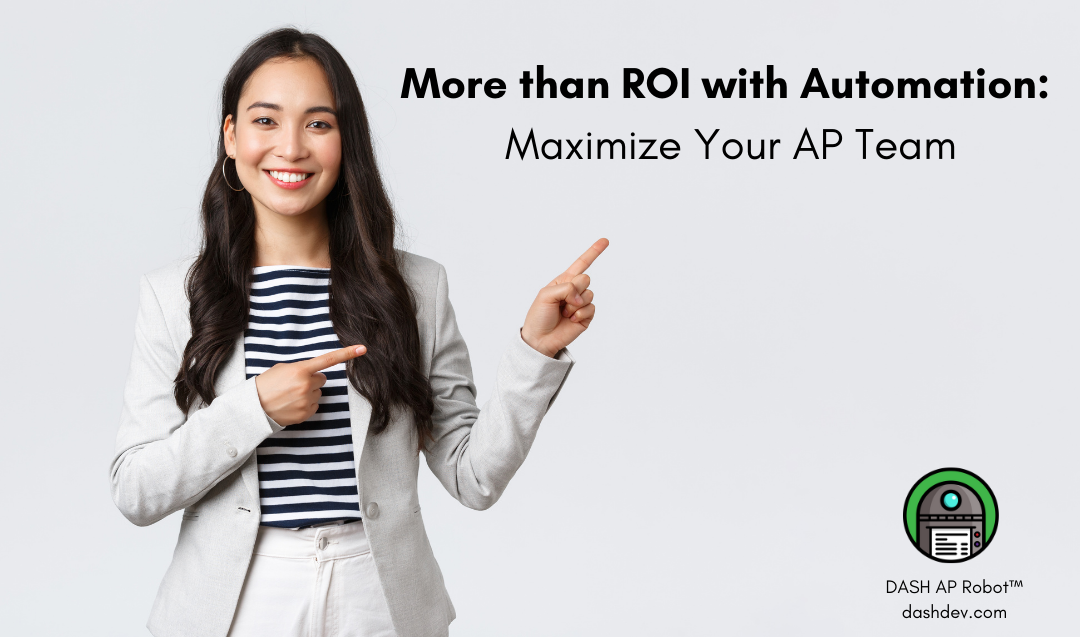How is AI used in the business world?
How is AI used in the business world?
Our computers are getting smarter… and they know too much!
Have you ever had that happen where you were talking to a friend about getting a new cell phone and the next 5 ads that pop up on your phone and on social media are all new cell phone ads?
The intelligence of technology and the capabilities of targeted ads are incredible.
I was thinking, “How did they know?!” If you’ve ever experienced a chatbot, have an Alexa device, or seen advertisements for hobbies you are interested in just pop up, you’ve probably interacted with AI.
And now in the business world, we’re building technologies that utilize AI (artificial intelligence) to read and learn our business worlds to assist us in our jobs.
Artificial intelligence (AI) refers to the ability of machines to understand the world around them, learn and make decisions, in a similar way to the human brain. Thanks to AI, machines are getting smarter every day.
Here at DASH, we are using AI in our AP Robot solution. This robot learns more every day about how to read suppliers’ invoices. We built this application on Microsoft cloud-based AI technology to provide data from the invoice to the robot.
The impact of artificial intelligence in business, according to Accenture, has the potential to increase productivity by 40 percent or more. With the World Economic Forum statistics on the impact of AI by 2022, over 75 million human jobs will have been replaced by AI, at the same time, creating 133 million jobs, refuting the misconception that the adoption of AI will leave more people jobless.
The DASH AP Robot™ can take supplier invoice documents; analyze them and extract usable data. It knows, then, what to do with each of the pieces. The robot looks at totals, quantities, prices, and more. This is used by the software to minimize, and in some cases eliminate much of the labor involved in the invoice entry process.
Using artificial intelligence in business, companies can now uniquely understand and engage customers, automate business processes, and improve productivity and revenue while reducing operational expenses. (()
As it relates to the business world, artificial intelligence will increase productivity and operational efficiencies by the:
- Improvement in time management by removing routine tasks
- Reduction in financial costs associated with late payments to vendors
- Automation of workloads and machine learning to complete work procedures
- Boost production and output of staff by robots completing mundane and tedious tasks
Why is artificial intelligence important?
- AI automates repetitive learning and discovery through data. Instead of automating manual tasks, AI performs frequent, high-volume, computerized tasks. And it does so with ever-increasing reliability and without fatigue. Of course, humans are still essential to setting up the system asking the right questions, and managing exceptions.
- AI adds intelligence to existing products. Many products you already use will be improved with AI capabilities, much like Siri was added as a feature to a new generation of Apple products. Automation, conversational platforms, bots, and smart machines can be combined with large amounts of data to improve many technologies. Upgrades at home and in the workplace, ranging from security intelligence and smart cams to investment analysis.
- AI adapts through progressive learning algorithms to let the data do the programming. AI finds structure and regularities in data so that algorithms can acquire skills. Just as an algorithm can teach itself to play chess, it can teach itself what product to recommend online. And the models adapt when given new data.
- AI analyzes more and deeper data using neural networks that have many hidden layers. Building a fraud detection system with five hidden layers used to be impossible. All that has changed with incredible computer power and big data. You need lots of data to train deep learning models because they learn directly from the data.
- AI achieves incredible accuracy through deep neural networks. For example, your interactions with Alexa and Google are all based on deep learning. And these products keep getting more accurate the more you use them. In the medical field, AI techniques from deep learning and object recognition can now be used to pinpoint cancer on medical images with improved accuracy.
- AI gets the most out of data. When algorithms are self-learning, the data itself is an asset. The answers are in the data. You just have to apply AI to find them. Since the role of the data is now more important than ever, it can create a competitive advantage. If you have the best data in a competitive industry, even if everyone is applying similar techniques, the best data will win.
We have built the DASH AP Robot™ to extract relevant data from an invoice. Then the robot can match the fields from the Invoice to a supplier, P.O., and Receipt. When these 3 documents all match up (within a set tolerance level set by each client), the information is passed seamlessly to the ERP system. We take documents and turn them into usable data at a fraction of the time and cost by automating them.
Contact us today to set up a demonstration of the AP Robot™ and how we utilize AI technology to take small to medium-sized manufacturing and distribution companies to the next level this year.
About the Author:
Stephanie is the marketing guru at Dash. For over 20 years, DASH has been authoring, delivering, and supporting DASH DDX™ and DASH AP Robot™, its ERP-integrated software to small and mid-sized manufacturing and distribution companies throughout the USA and beyond.
Let’s chat!
Want to learn more about Dash?
"*" indicates required fields





